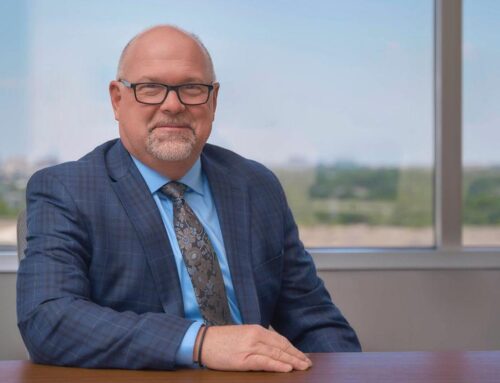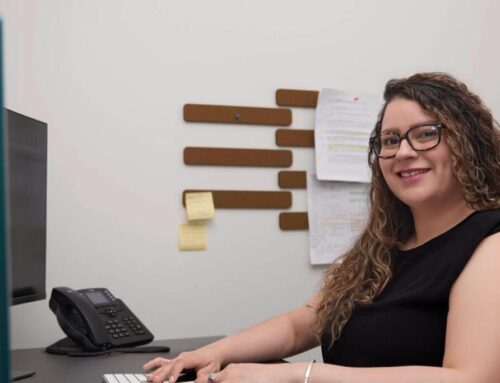I was talking to a friend recently who innocently confessed that he just didn’t understand what I meant by “estate planning.” I guess, like other attorneys, I take for granted that people understand what we mean by estate planning. Simply put, what I mean by estate planning is planning for the eventuality of death and the high potential for mental incapacity.
There are two parts of the planning: financial and medical. Financial planning can be handled by a Will (for death) and powers of attorney (for incapacity); alternatively a living trust can be used instead. A living trust can be a financial vehicle that works in place of a Will or powers of attorney. In either case, we want to minimize probate expenses and hopefully totally avoid guardianship.
Estate planning also involves making sure that you have made end-of-life decisions via an advance directive and appointed somebody using a medical power of attorney to make your medical decisions for you.
In some cases, estate planning means structuring your assets so that they transfer with the least expense to your heirs. For example, with complex oil and gas interests, it is highly advantageous to transfer those properties one time to a trust or an entity like an limited liability company so that the cost and expense of transfer is not incurred after each member of the family dies.
Regardless of the techniques, the goal of estate planning is to make sure your financial and medical life continues as well as possible in case of incapacity, and that your assets transfer to your chosen heirs upon death with the least expense and trouble. Put another way, estate planning is about saving you money and making your family’s life easier.
This material has been prepared for informational purposes only, and is not intended to provide, and should not be relied on for, specific tax, legal or accounting advice. We can only give specific advice upon consulting directly with you and reviewing your exact situation.





